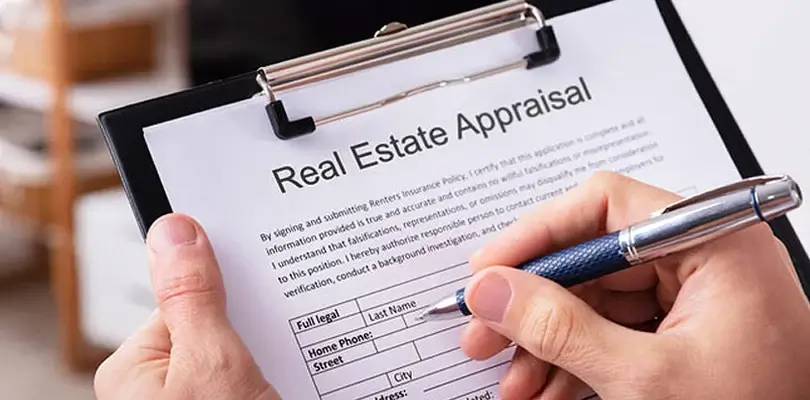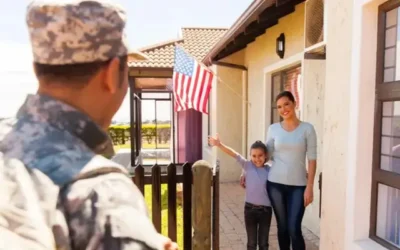Our Mission, to Simplify your VA Loan Approval
Estimate how much home you can afford
Find out your homebuying power based on your income and expenses.
Affordable Home Estimate:
VA Loan Eligibility Calculator
VA Loan Requirements
Check the 2025 VA Loan requirements to see if you qualify.
First-time Homebuyers
VA Loan Guide
Local Base Guides
Check out our local veteran guides for every military base in the country.
Get a Free Quote
VA Certificate of Eligibility
VA Loans Made Easy
How to Apply for a VA Loan
Check Your Eligibility
Obtain Your Certificate of Eligibility (COE)
Submit an Application
Receive Your Pre-Approval
Make an Offer
Close on Your New Home
Local Military Base PCS Guides
Latest Articles from Our Experts

2025 VA Loan Rates Are Lower Than Conventional Loans

White House Reverses Trump’s Veterans Day Renaming Proposal

Less Competitive Housing Market in 2025 Benefits Veterans

Non-Allowable Fees for VA Home Loans

Understanding the Closing Disclosure on a VA Loan

Understanding the Loan Estimate on a VA Loan

Title Insurance on a VA Loan: The Ultimate Guide for Veterans

Homeowner’s Insurance on a VA Loan

Surviving Spouses May Be Exempt from VA Funding Fee

What Are Discount Points on a VA Loan?

VA Tidewater Initiative: Overcoming a Low VA Appraisal in 2025

Changing Jobs During the VA Loan Process
2025 VA Loan Rates Are Lower Than Conventional Loans
White House Reverses Trump’s Veterans Day Renaming Proposal
Less Competitive Housing Market in 2025 Benefits Veterans
Non-Allowable Fees for VA Home Loans
Understanding the Closing Disclosure on a VA Loan
Understanding the Loan Estimate on a VA Loan
Frequently Asked Questions
What makes VA Loan Network different from other VA loan resources?
VALoanNetwork.com connects veterans and service members directly with a highly specialized VA lender. We focus on providing personalized guidance, ensuring that you maximize your VA benefits. Our platform also offers local resources, military discounts, and expert information tailored to your specific needs.
How do I know if I’m eligible for a VA loan?
Eligibility for a VA loan is generally determined by your military service. If you’re a veteran, active-duty service member, or reservist, you may qualify. Our team can help verify your eligibility and guide you through the entire process, including securing your Certificate of Eligibility (COE).
Are there any upfront costs or hidden fees when applying for a VA loan?
No. One of the major benefits of VA loans is that they require no down payment, and there’s no private mortgage insurance (PMI). While you may encounter typical closing costs, our specialized VA lender will ensure transparency and help minimize any potential expenses.
How long does it take to get approved for a VA loan through VA Loan Network?
Our network of lenders will take your application over the phone, ensuring a personalized and convenient experience. They are available 7 days a week and specialize in providing same-day approvals. This streamlined process ensures that you receive timely updates and can move forward quickly with your VA loan.

















